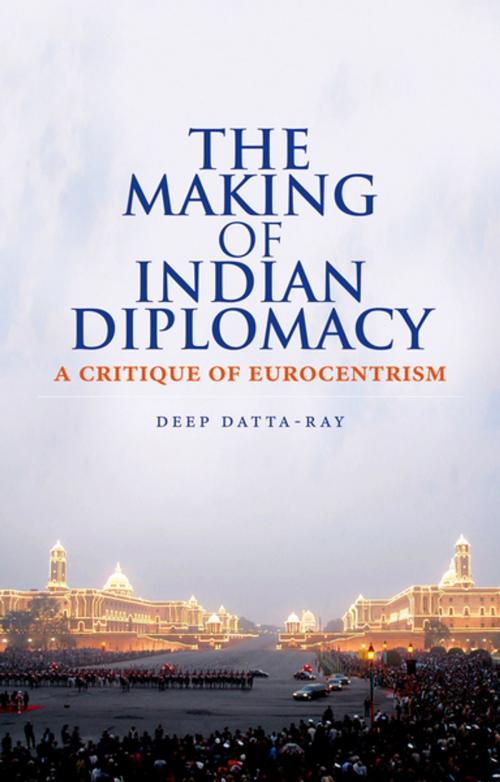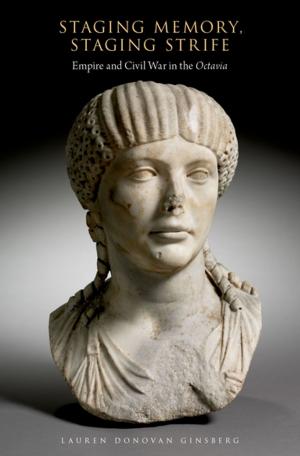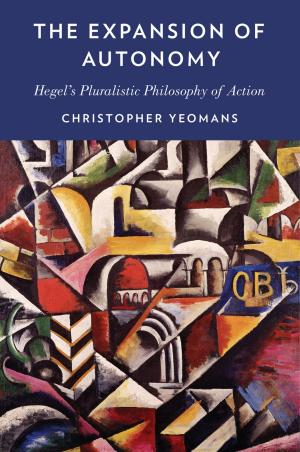The Making of Indian Diplomacy
A Critique of Eurocentrism
Nonfiction, Social & Cultural Studies, Political Science, International, International Relations| Author: | Deep K. Datta-Ray | ISBN: | 9780190613235 |
| Publisher: | Oxford University Press | Publication: | May 21, 2015 |
| Imprint: | Oxford University Press | Language: | English |
| Author: | Deep K. Datta-Ray |
| ISBN: | 9780190613235 |
| Publisher: | Oxford University Press |
| Publication: | May 21, 2015 |
| Imprint: | Oxford University Press |
| Language: | English |
Diplomacy is conventionally understood as an authentic European invention which was internationalised during colonialism. For Indians, the moment of colonial liberation was a false dawn because the colonised had internalised a European logic and performed European practices. Implicit in such a reading is the enduring centrality of Europe to understanding Indian diplomacy. This Eurocentric discourse renders two possibilities impossible: that diplomacy may have Indian origins and that they offer un-theorised potentialities. Abandoning this Eurocentric model of diplomacy, Deep Datta-Ray recognises the legitimacy of independent Indian diplomacy and brings new practices He creates a conceptual space for Indian diplomacy to exist, forefronting civilisational analysis and its focus on continuities, but refraining from devaluing transformational change.
Diplomacy is conventionally understood as an authentic European invention which was internationalised during colonialism. For Indians, the moment of colonial liberation was a false dawn because the colonised had internalised a European logic and performed European practices. Implicit in such a reading is the enduring centrality of Europe to understanding Indian diplomacy. This Eurocentric discourse renders two possibilities impossible: that diplomacy may have Indian origins and that they offer un-theorised potentialities. Abandoning this Eurocentric model of diplomacy, Deep Datta-Ray recognises the legitimacy of independent Indian diplomacy and brings new practices He creates a conceptual space for Indian diplomacy to exist, forefronting civilisational analysis and its focus on continuities, but refraining from devaluing transformational change.















